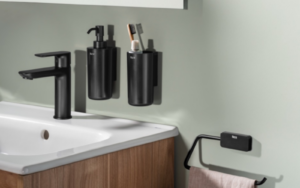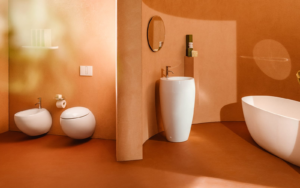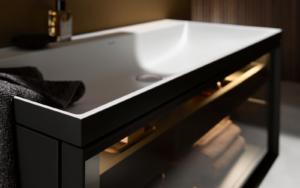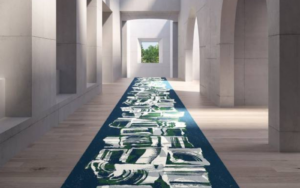With the conversation getting louder around sustainability and ethical design, CTD Tiles believes designers should explore the value of consciously sourced and made commercial tiles in hotel design…
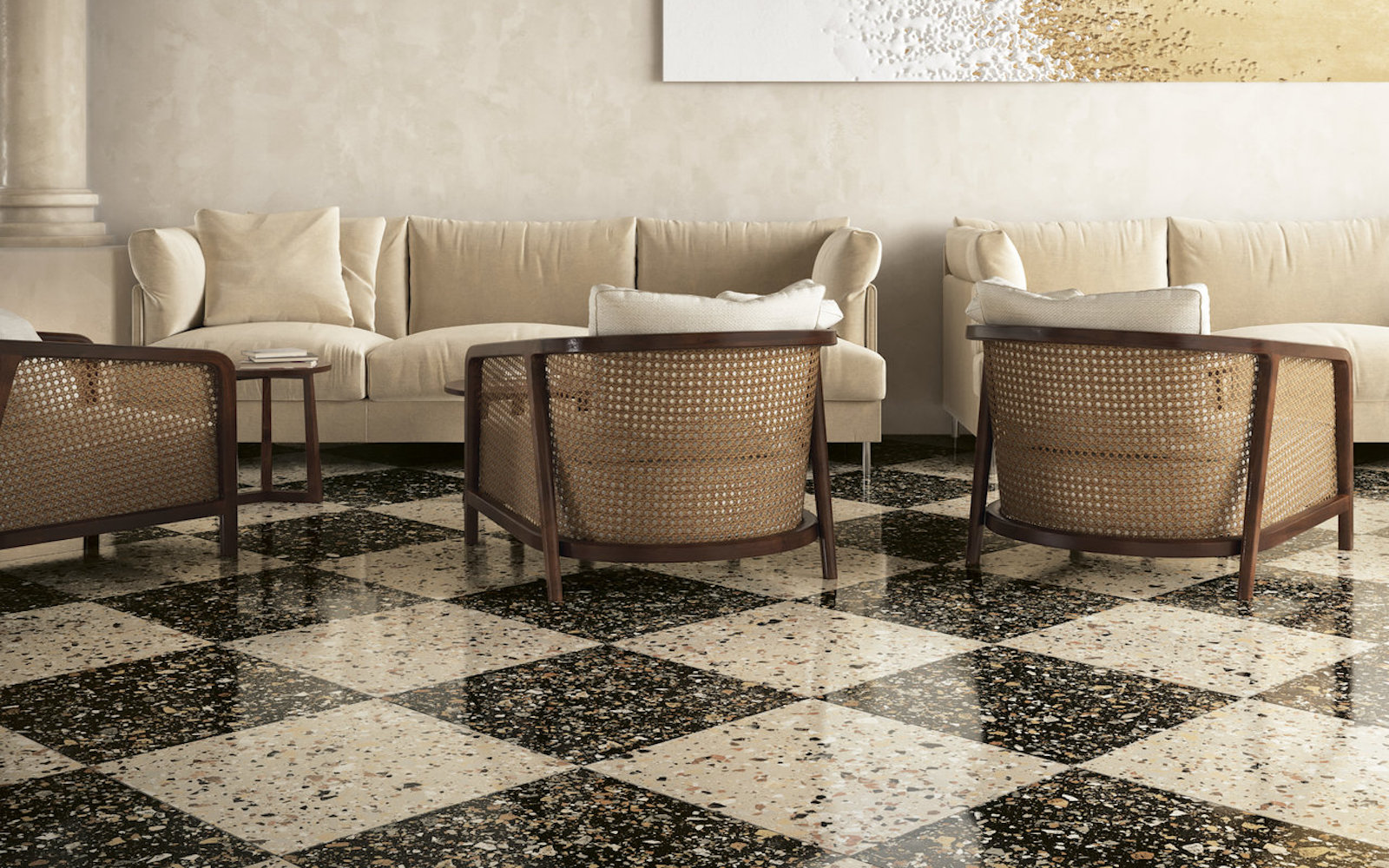
The mounting pressure to meet sustainability targets and regulations across construction – as well as a general shift in public attitudes towards the need to protect the planet – means that the hotel sector must also consider the environmental impact of any design schemes.
Whether the project is a refurbishment or new hotel, it’s more important than ever to choose sustainability at every level of the design process. This includes interior and exterior tiles, which can play a valuable role in maximising a scheme’s green credentials when factors like materials and manufacturers are carefully considered.
It’s a complex issue, which can make it difficult to know where to start. In this article, Paul Sewell, specification manager at leading commercial tile supplier CTD Architectural Tiles discusses the role of tiles in supply chain circularity, and how specifiers for the hotel sector can ensure they’re making the right choice for sustainability.
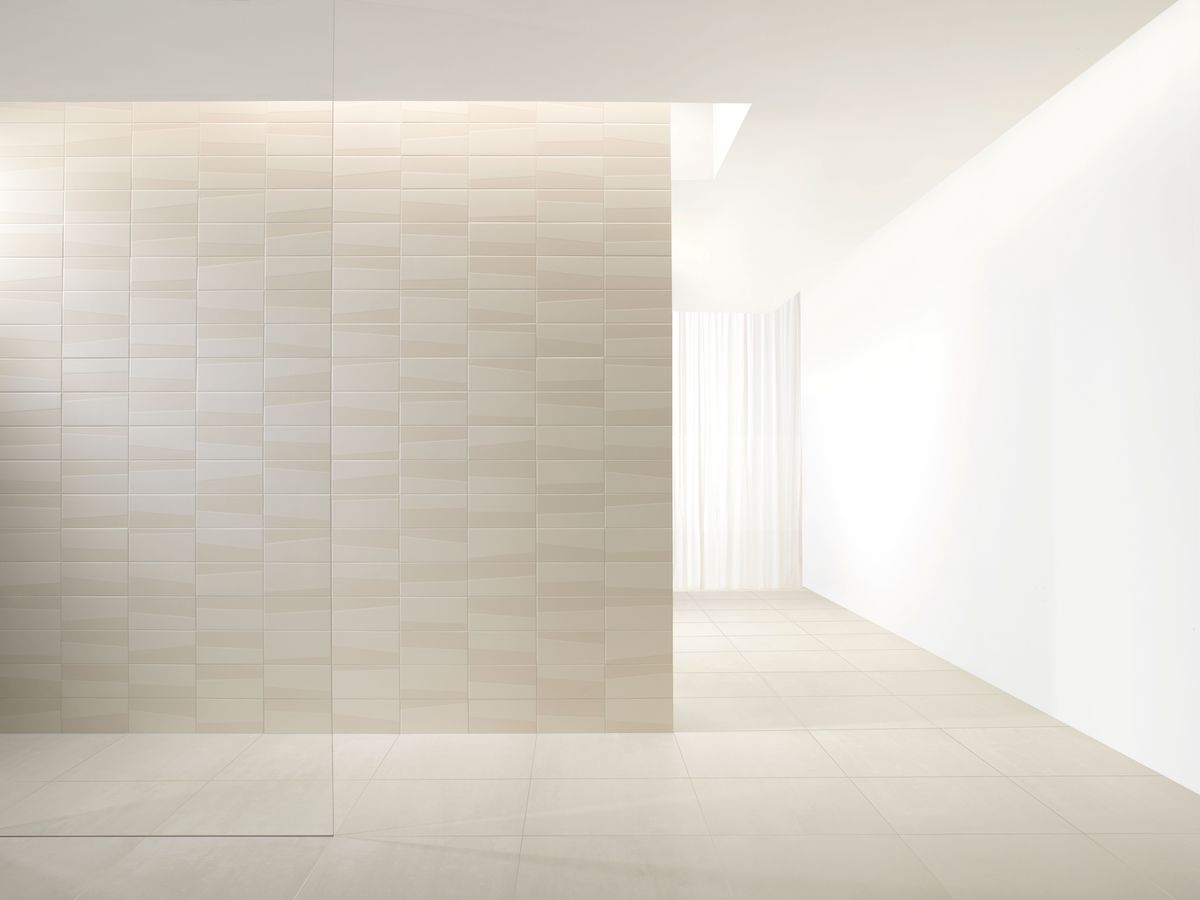
Image caption: A growing number of manufacturers across the industry are offering products with full ‘cradle to cradle’ recyclability. | Image credit: CTD Tiles
Supply chain circularity
A circular supply chain is an extension of the circular economy, which is guided by three core principles of sustainability: reduce, reuse, and recycle. Lessening the construction industry’s reliance on new and natural materials while also minimising waste, these principles can be applied at every level of the supply chain and throughout the lifecycle of a building.
However, as is often the case, applying these principles to any scheme is easier said than done and there are several economic and logistical factors to consider on a project-to-project basis. In particular, recyclability is a complex matter. Some products can be made from recycled materials but can’t then be recycled at the end of their lifecycle, and others can be recycled in theory but require an extremely energy-intensive process to do so.
With this in mind, a growing number of manufacturers across the industry are offering products with full ‘cradle to cradle’ recyclability – closing the loop of the circular supply chain.
Tile manufacturers are increasingly striving to achieve this level of product recycling. This is great news for the hotel sector, which often sees tiles act as a key element of its designs. But how can specifiers and designers be sure a tile range meets ‘cradle to cradle’ recyclability?
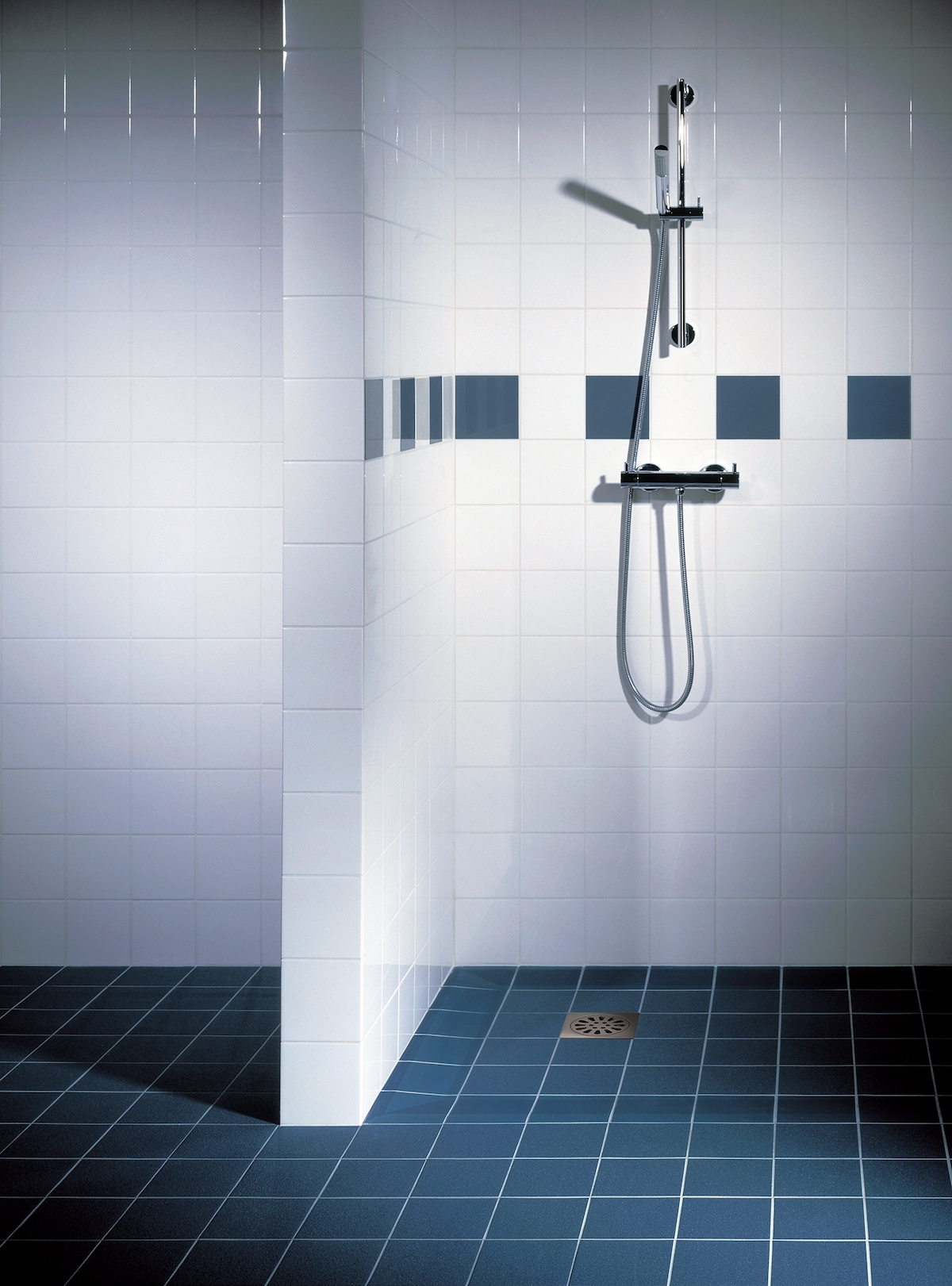
Image caption: The hotel sector must consider the environmental impact of design schemes. | Image credit: CTD Tiles
What to look for
There are a number of accreditations to look for when choosing sustainable tiles. This includes products with Environmental Product Declaration (EPD) documentation, which provides a detailed breakdown of a product’s environmental impact throughout its lifecycle – from mining to disposal. This level of detail at all stages provides specifiers with total transparency and the reassurance needed for a product’s place in a scheme aiming towards circularity.
It’s also valuable to gain knowledge of a manufacturer’s processes, which is a great way to ascertain its credibility in terms of sustainability. CTD Architectural Tiles is proud to be the UK’s leading supplier of Mosa, a Dutch tile manufacturer dedicated to embracing the ‘cradle to cradle’ philosophy. Following years of investment into researching best practice and solutions, Mosa is the first ceramic tile manufacturer in the world to achieve full Cradle to Cradle Certification Gold accreditation, which applies to almost its entire collection.
What’s more, the actual material of a tile can have an important impact on its level of sustainability. For example, porcelain offers a number of eco-friendly benefits as a raw, natural material. It creates minimal waste during the manufacturing process, and any waste produced can be recycled.
Of course, specialist commercial tile suppliers like CTD Architectural Tiles are well-placed to offer guidance on the products and manufacturers that meet the sustainability requirements of individual projects – as well as other must-haves such as practical benefits and styles.
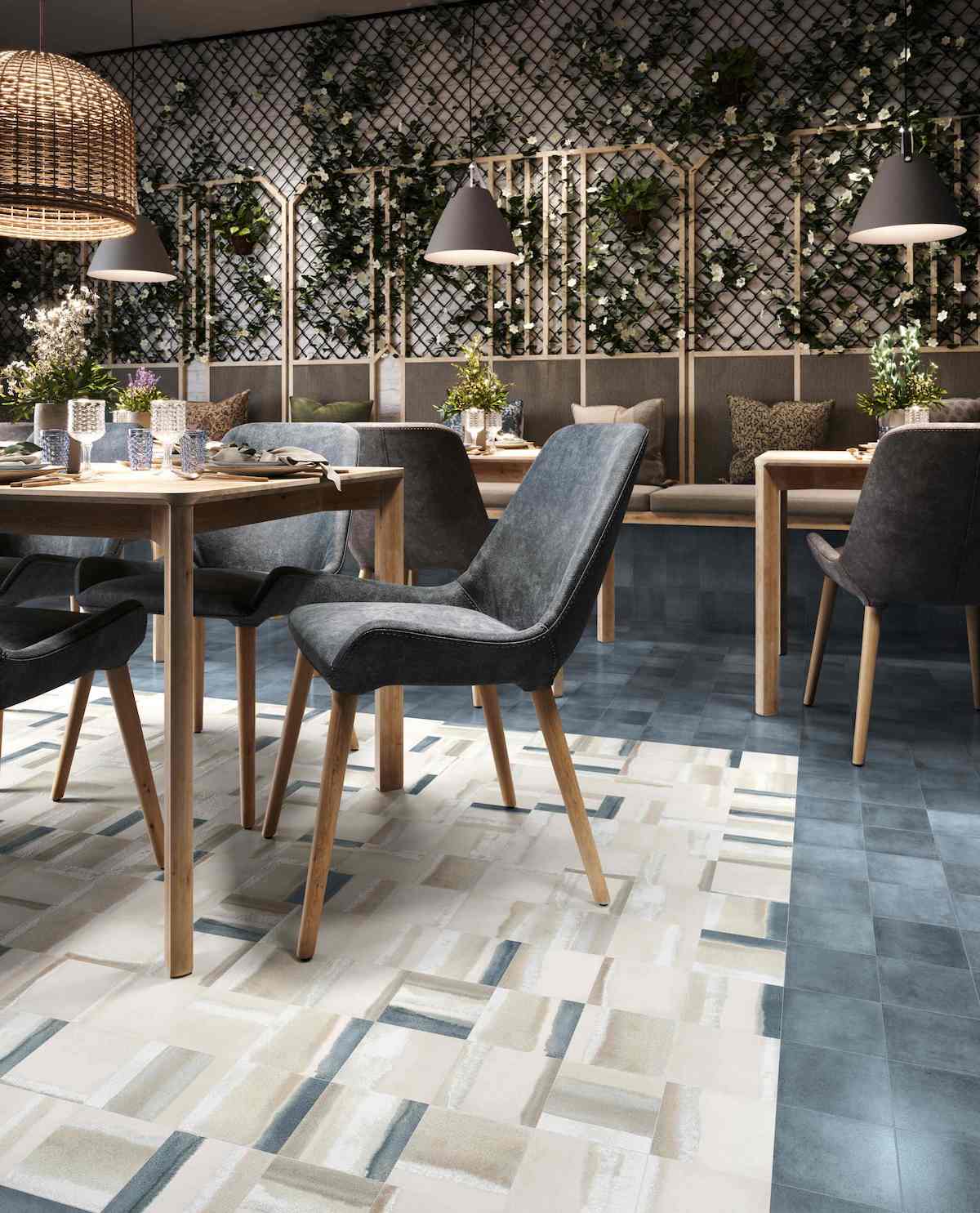
Image caption: Porcelain offers a number of eco-friendly benefits as a raw, natural material. | Image credit: CTD Tiles
Without compromise
Fortunately, as an increasing number of tile manufacturers receive environmental accreditations, more choice becomes available. This means that new hotels or refurbishment schemes can ‘go green’ without compromising on safety and hygiene, or aesthetics – vital considerations for any project.
Mosa offers a variety of tiles suitable for a series of applications and design styles through CTDArchitectural Tiles, from the classically simplistic Global porcelain floor tile range to its three-part collection of Murals ceramic wall tiles, which offer a unique solution for hotel projects – all while prioritising the planet.
CTD Architectural Tiles is one of our Recommended Suppliers and regularly features in our Supplier News section of the website. If you are interested in becoming one of our Recommended Suppliers, please email Katy Phillips.
Main image credit: CTD Architectural Tiles






